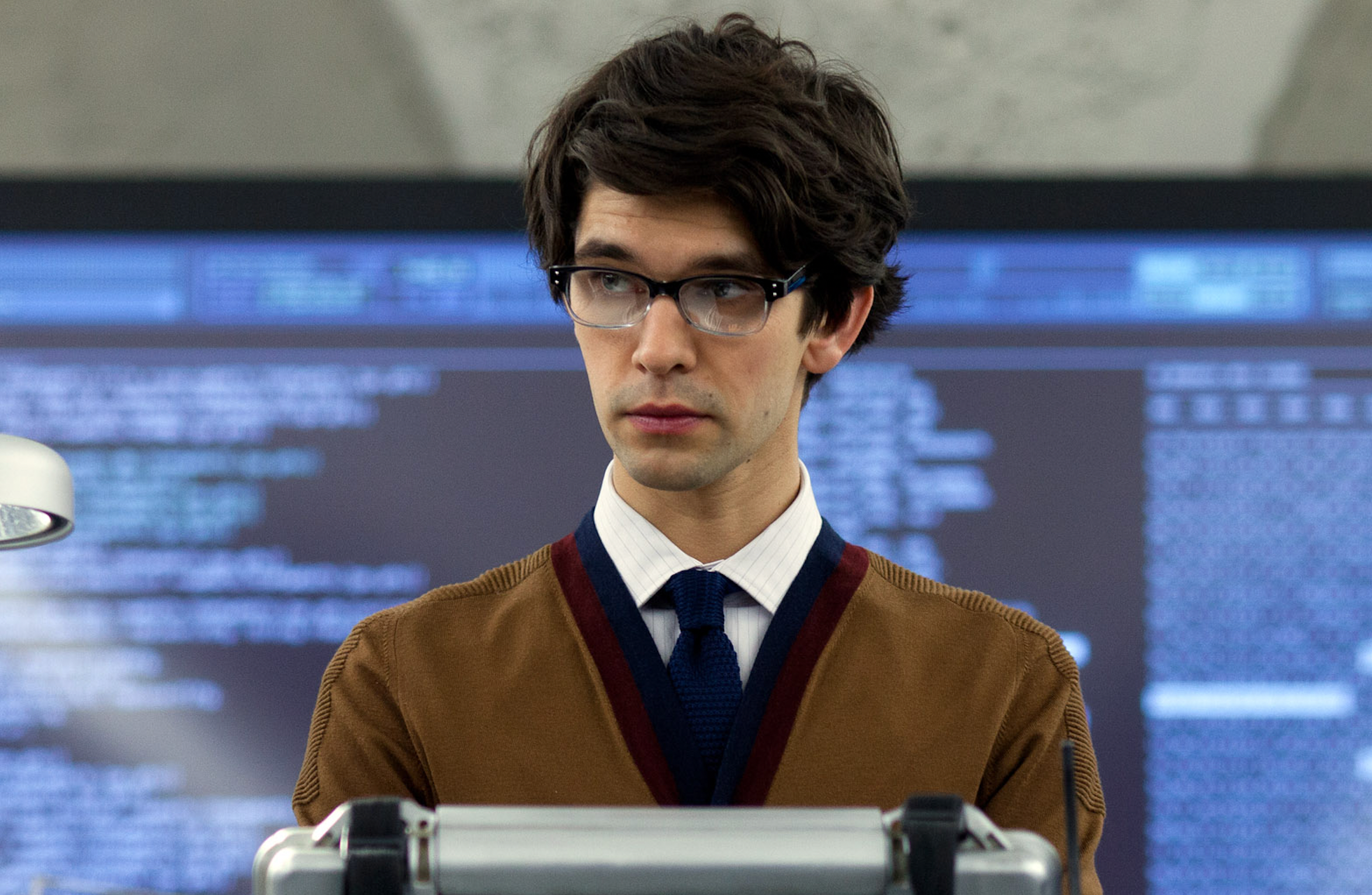New Elden Ring Movie Casting Rumor Reunites a Major James Bond Actor With Kit Connor

If it’s accurate, this situation could lead to a reunion for Whishaw with Kit Connor, given their previous collaboration on the 2019 drama “Little Joe.” It was in May when Connor was first associated with the “Elden Ring” movie, and rumors indicated that a deal for him to be part of the cast was nearly finalized. Meanwhile, Whishaw has also appeared in projects such as “A Very English Scandal,” “Cloud Atlas,” “Mary Poppins Returns,” “Black Doves,” and the fourth season of “Fargo,” alongside his role as Q.


